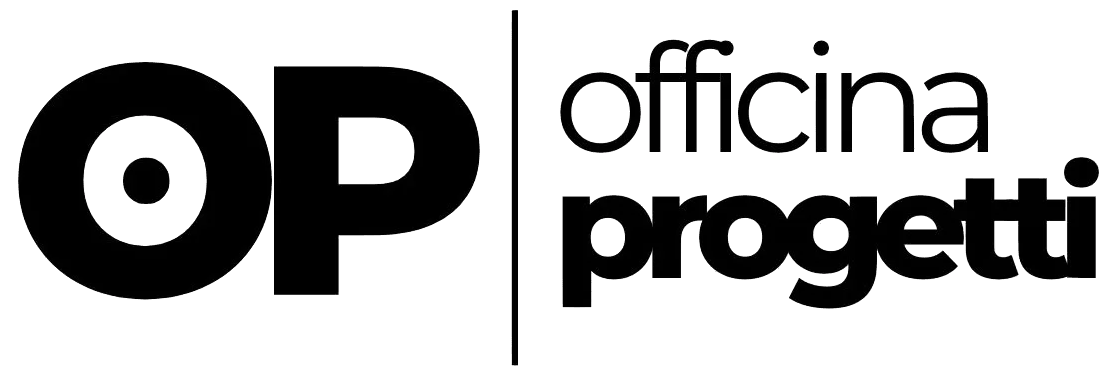Every day, inevitably, we confront the limits of our knowledge. Ignorance, in itself, simply means “not knowing.” What turns it into “the mother of all evils,” to quote Plato, is the way we manifest it.
We can either embrace the desire to learn with humility or assume we already know everything.
Ignorance is a natural condition of being human: we cannot know everything. However, the way we deal with our ignorance determines whether it becomes an opportunity for growth or an obstacle. The key lies in recognizing it humbly and avoiding arrogance.
The humble ignorant acknowledges what they do not know and has the willingness to understand and learn.
They are open to dialogue, ask questions, listen, and seek to comprehend. They recognize the limitations of their knowledge and view learning as a continuous process.
This attitude fosters intellectual openness and personal growth, allowing one to constantly expand their horizons.
The proud ignorant, on the other hand, refuses to admit their shortcomings. Their ignorance manifests as arrogance, closed-mindedness, and resistance to learning from others.
Those who suffer from this believe they already know everything, reject new perspectives, and sometimes even ridicule those who offer insights.
This attitude prevents the acquisition of new knowledge and often leads to being trapped in outdated or incorrect ideas.
Thus, there are two sides to the same coin—one fruitful, the other barren.
How, then, can we cultivate humility in knowledge? First and foremost, by practicing active listening, giving space to others’ opinions, and challenging our own beliefs.
Let us remember, as Socrates suggested, that “true wisdom is knowing that you know nothing.”
Far from being a mark of shame, ignorance is the starting point of a journey of self-discovery and exploration of the world around us.
Let us choose, therefore, to embrace it with curiosity and humility, transforming every “I don’t know” into an opportunity for growth.


